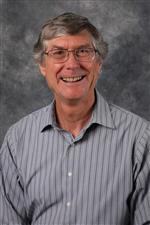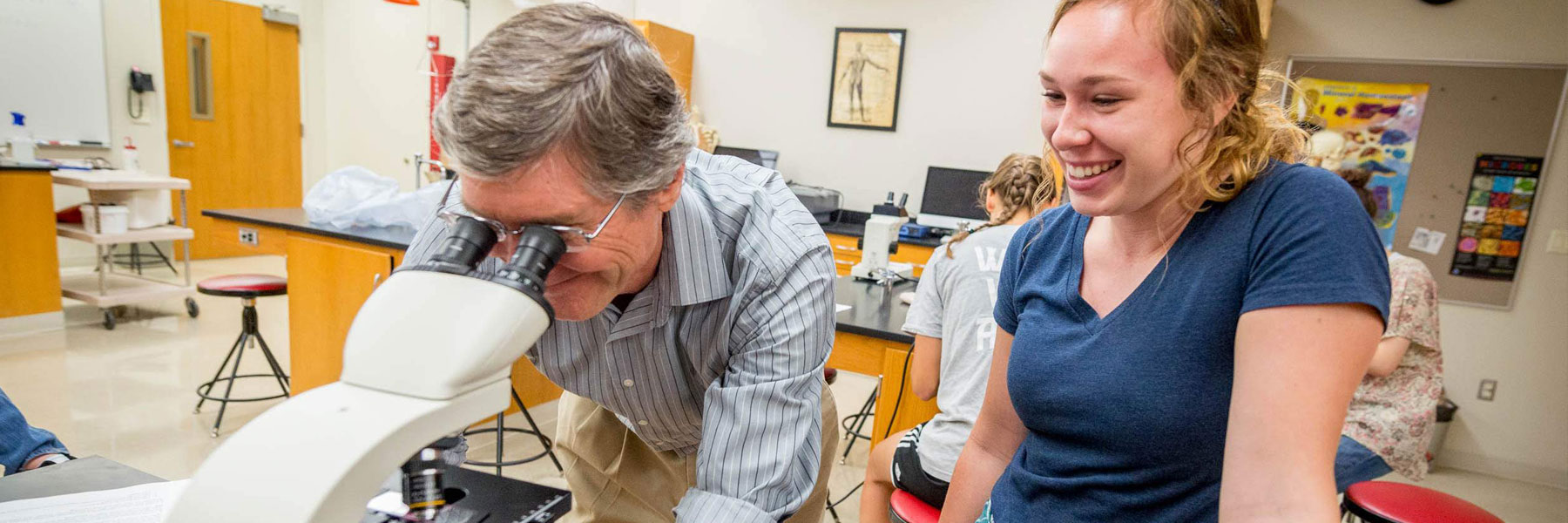
Dr. Doyle F. Holbird is a Professor in the Biology department.
Teaching Philosophy
It is my job to take the massive amount of biological knowledge that is out there and to distill it down so that students are not inundated with too much information. The foundational parts of Biology are the most important for students to learn. It is my job to take these parts and organize them so that all of the marvelous complexity that exists within a living system is learnable. My goal is that students learn not only the basic information but also why that information is important and how it all fits together. I recognize that my students may be at different levels of understanding of the material. I try to present things in such a way that helps those who are struggling while challenging those who are not. Finally, I want to challenge students to become “problem solvers.” Learning the foundational “stuff” is great but it’s even better if students can apply their knowledge to solve puzzling issues. I believe that for scientific knowledge to be useful it should have practical applications so I design my upper level lab exercises to provide experience with techniques that employers are currently demanding.Research Interests
One way in which biology students at Bethany are encouraged to fulfill their potential is through a research project. My own research interests are in the physiology of ion channels. I am currently working to understand an ion channel that exists in the skin of bullfrog tadpoles. Why do they have an ion channel in their skin and what is its purpose? Do humans also have this type of channel? Using electrophysiological and molecular biology techniques I hope to help answer some of these questions and to perhaps clone it to enable more in depth study. I have also recently developed an interest in plant tissue culture. Many plants that you might purchase at a nursery were not grown from seeds, but rather were started as small pieces of stems or leaves that were “planted” on a gel with hormones that caused them to develop roots and stems. Some plants are easier to grow in culture than others. Perhaps we can find ways to culture some of the more difficult to grow plants. Finally, I am also interested in the current debate that rages between those who believe that God is ultimately responsible for the creation of living things and those who believe that evolution is sufficient to account for life as it is currently found in our world.Personal
My wife and I have three children. We enjoy gardening and spending time with our family and friends. We are interested in the missions of the ELS, especially the orphanages in India.Memberships
American Physiological Society Human Anatomy and Physiology SocietyDoyle Holbird has recently taught the following courses:


